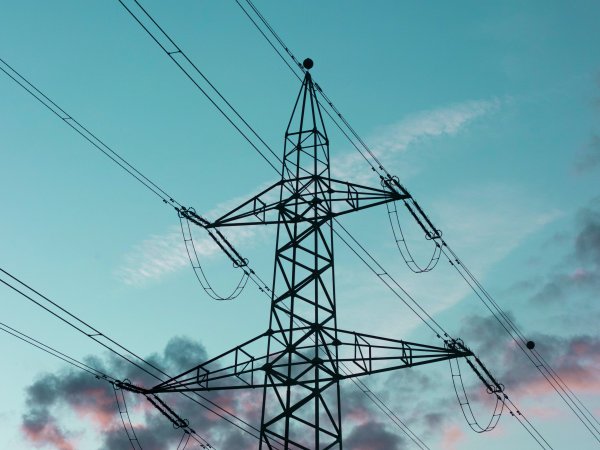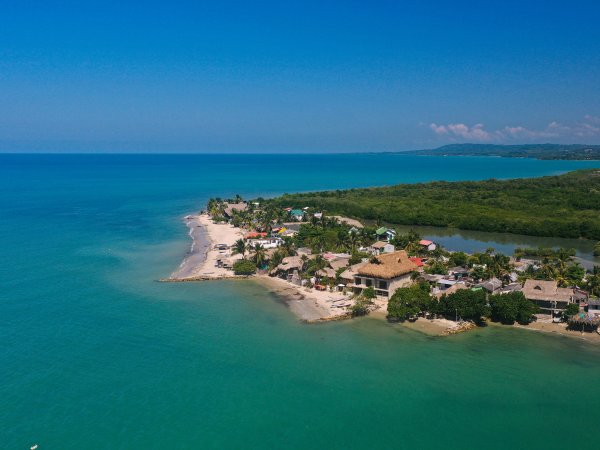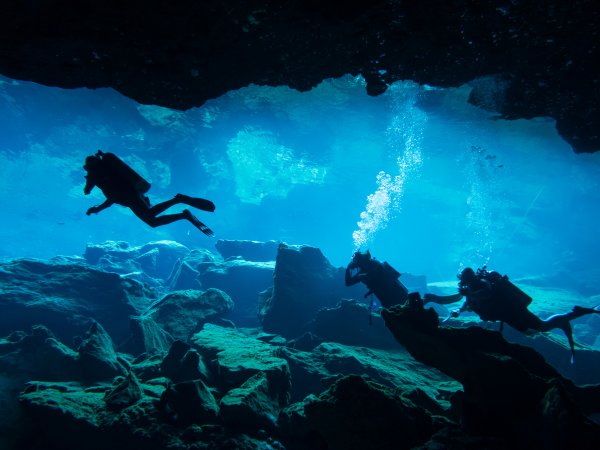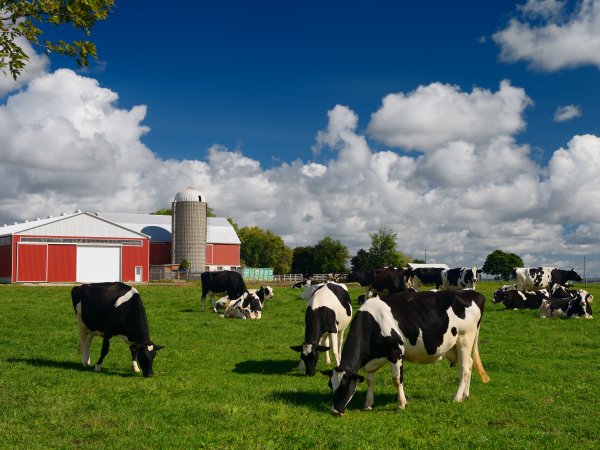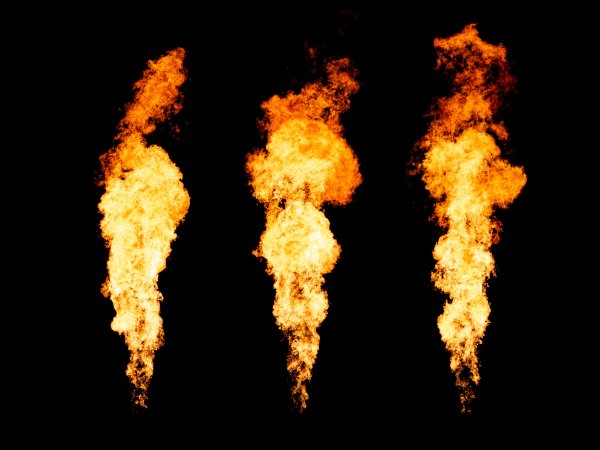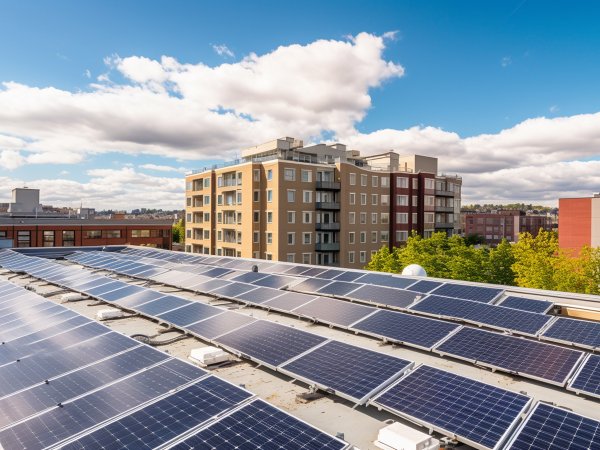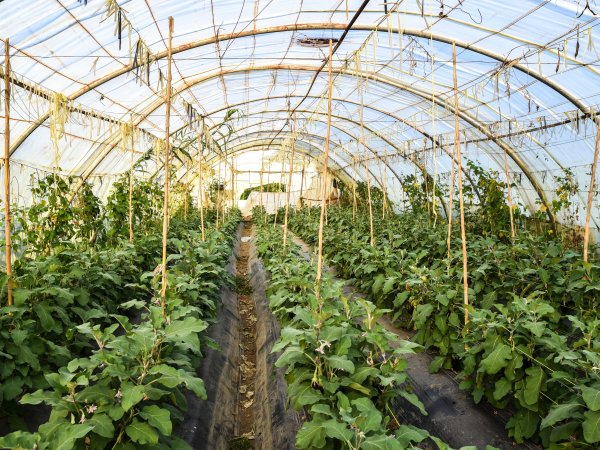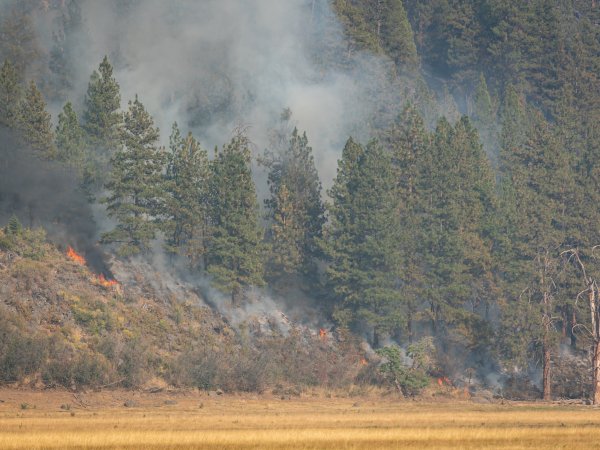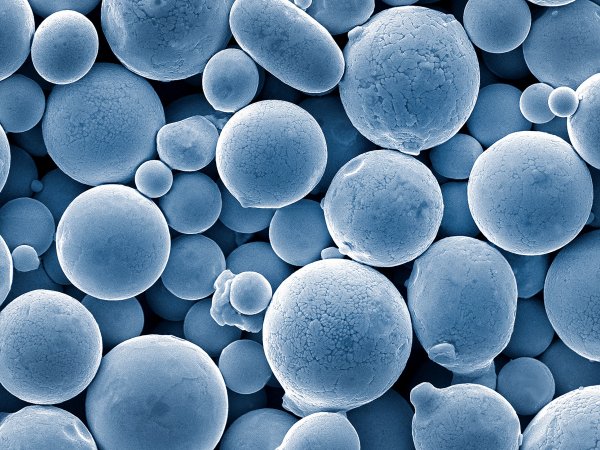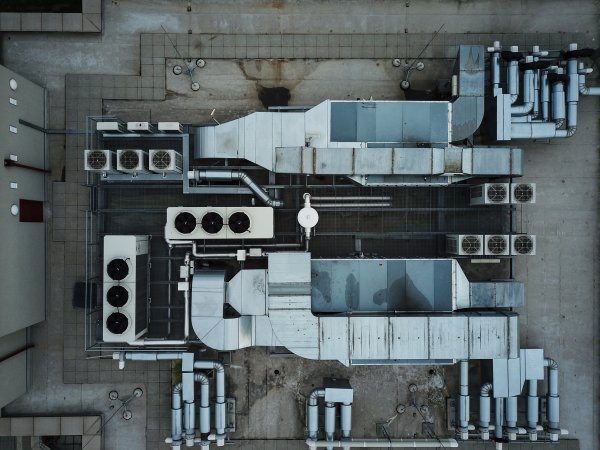Projects
Smart Traction Systems for Weak Power Grids
Awarded: 2017 | Project Type: IEE Seed Grant
We propose a new interdisciplinary research partnership involving power systems engineering and economics to investigate the mechanisms by which carbon-free generation resources can provide stabilizing inertia to otherwise weak power grids, and the market models needed to incentivize the provision of heretofore unpriced inertia services.
Social Adaptive Capacity in Reef-Proximate Communities: Coupled Natural-Human System Dynamics in Cartagena, Colombia
Awarded: 2017 | Project Type: IEE Seed Grant
Human activities are driving coral reef socio-ecological system change worldwide. Although the local impacts of global climate change have received a lot of attention from the academic community, an integrative analysis of other local ecosystem change resulting such as pollution and coastal development on these coupled natural and human reef systems is lacking. The proposed study aims to fill that gap.
The Caves and Coastal Ecosystems Connection
Awarded: 2017 | Project Type: IEE Seed Grant
Karst aquifers provide ~25% of the drinking water resources for human societies and underly roughly 10% of the global land surface. Because of the rapid movement of water and pollutants through these aquifers, they are particularly vulnerable to human impacts including sea level rise and agricultural, industrial, and urban development. In karst regions, unknown quantities of groundwater discharge into coastal marine environments at submarine springs.
Toward a Lower-Carbon Food System: Quantification of Methane Emissions from Animal Agriculture
Awarded: 2017 | Project Type: IEE Seed Grant
Animal agriculture is a major contributor to anthropogenic emissions of methane, a potent greenhouse gas. Accurate quantification of emissions from dairy farms is challenging and, currently, there is a large discrepancy between top-down and bottom-up emission estimates. We propose to collect methane emissions measurements using the eddy covariance method at two dairy farms in Pennsylvania to evaluate and, if warranted, improve of a state-of-the-science methane emissions model. Emissions measurements will be collected from both farm manure management operations and dairy barns.
Accurate Prediction of Soot Emissions and Morphology in Turbulent, Fuel-Flexible Combustors
Awarded: 2016 | Project Type: IEE Seed Grant
A team of researchers is developing new models for predicting soot formation in turbulent flames to improve the design of combustors and engines with the goal of improving air quality and reducing public health risks.
An Integrated Platform for DC Microgrid Data Acquisition and Stationary Energy Storage System Optimization
Awarded: 2016 | Project Type: IEE Seed Grant
A research team is developing a framework for optimizing the configuration, sizing, and management of energy storage systems in smart buildings and microgrids.
Capacitive Desalination for Agriculture Using Biochar
Awarded: 2016 | Project Type: IEE Seed Grant
A research team is developing a new method to desalinate water using biochar, which could be used to improve agricultural productivity in arid regions.
Characterizing Mechanisms of Rapid Fire Spread under Low Wind Speed Conditions That Lead to High Intensity/Severity Fire
Awarded: 2016 | Project Type: IEE Seed Grant
A research team is using high-resolution atmospheric modeling to study the factors that contribute to rapid wildfire spread under low wind speeds in mountainous terrain.
Collecting and Characterizing Saharan Dust and Associated Pathogens for Evaluating Disease Risk across the Meningitis Belt and Cape Verde
Awarded: 2016 | Project Type: IEE Seed Grant
A research team is studying the links between air pollution and respiratory disease in West Africa, where Saharan dust and biomass burning aerosols are common.
Composition, Morphology, Size, and Agglomeration of Nanoparticles in Indoor Air
Awarded: 2016 | Project Type: IEE Seed Grant
Researchers are studying the composition, morphology, and size of nanoparticles in indoor air to better understand their health effects and how to mitigate them.
Development and Benchmarking of a Full-Scale Desiccant Dehumidifier Prototype Utilizing Microwave for Desiccant Regeneration and Inactivation of Airborne Microorganisms
Awarded: 2016 | Project Type: IEE Seed Grant
A research team is developing a microwave-powered desiccant dehumidifier that could save energy and improve indoor air quality.
Development of Dynamic Controlled Nano-Membranes for Water Purification
Awarded: 2016 | Project Type: IEE Seed Grant
A team of researchers is developing a new type of nanoporous membrane with highly uniform pore sizes that can be used to filter wastewater and remove contaminants, with the goal of improving the treatment and recycling of wastewater.

